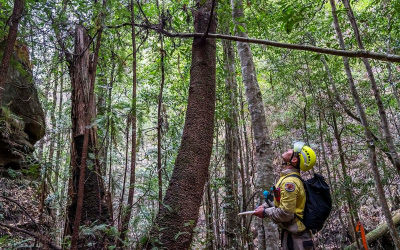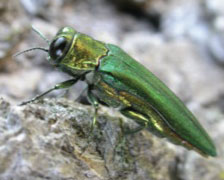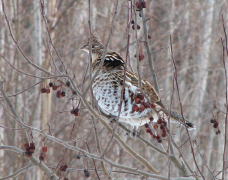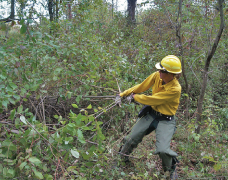Biomass Forest Resources
Trees and forests are not cut down just for biomass energy. That doesn't make sense for forests and it doesn't make sense economically. Sustainable biomass energy relies on sustainable forest management principals, supported primarily by higher-value markets such as board, paper and lumber manufacturing. Many manufacturers require that their wood resources are managed, harvested and procured under sustainable forest certifications. Managing forest residuals – tops, limbs, invasive species, and dead or disease wood – is vitally important to forest health. Markets for that material, supported by biomass power production, is an important tool in these efforts.
Stewardship
Keeping forest healthy often requires management. These objectives include species diversity, wildlife habitat, sanitation for disease or infestation, removal of invasive species, and mitigation of fire risk. Biomass energy provides an outlet for this material by providing a market that reduces costs, and a method of destruction that keeps disease, pests and invasive species out of the environment.




